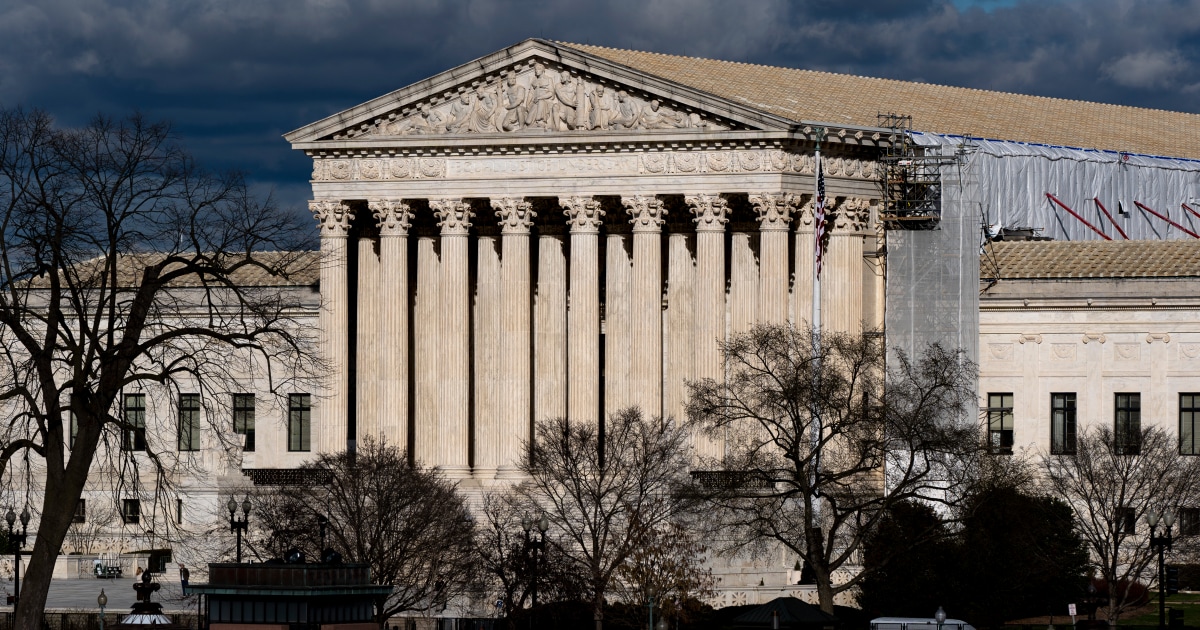The Supreme Court examines this Wednesday whether doctors can perform abortions in cases of medical emergencies in those states that prohibit it, since the ruling that overturned the Roe v. Wade.
The case comes from Idaho, one of 14 states that now prohibit abortion in all phases of pregnancy, with limited exceptions. It is the first time the Supreme Court has considered a state ban since the overturning of Roe.
The Biden administration argued that, even in states that prohibit abortion, federal health law states that hospitals should be authorized to terminate a pregnancy in rare emergency situations in which the life or health of the patient is serious. danger.
Idaho has said its ban has exceptions for life-threatening abortions but would allow it in more medical emergencies. would turn hospitals into “abortion enclaves”. The state added that the Biden administration was misusing the health care law intended to ensure that patients are not turned away based on their ability to pay.
The Supreme Court has allowed Idaho's law to take effect, even in emergency situations, while the case is litigated.
On Wednesday, before arguments began, there were protests outside the Supreme Court. “Abortion saves lives,” read the banners of abortion rights supporters. Right there, the opponents displayed a sign that said: “Emergency rooms are not abortion clinics.”
Several doctors have said that Idaho's abortion ban has already affected emergency medical care. More and more women whose conditions are usually resolved with an abortion are having to travel out of state for care, as doctors They must wait until they are close to death to perform abortions, within the limits of state law.
Meanwhile, complaints from pregnant women turned away in U.S. emergency rooms skyrocketed after the court overturned Roe v. Wade, according to federal documents obtained by .
Anti-abortion groups blamed doctors for mismanaging maternal emergency cases. Idaho claimed that the Biden Administration exaggerates health problems to undermine state abortion laws.
Magistrates have also heard another abortion case this quarter that sought to restrict access to the abortion pill mifepristone. The case remains pending, although judges were skeptical.
The Justice Department originally brought the case against Idaho, arguing that the state's abortion law conflicts with the Emergency Medical Treatment and Active Labor Act of 1986, known as EMTALA. This law requires hospitals that accept Medicare insurance to provide urgent care to any patient, regardless of their ability to pay. Almost all hospitals accept Medicare.
A federal judge initially sided with the Biden Administration and ruled that abortions were legal in cases of medical emergencies. After the state appealed, the Supreme Court allowed the law to take full effect in January.
The Supreme Court is expected to issue a decision on this case at the end of June.

